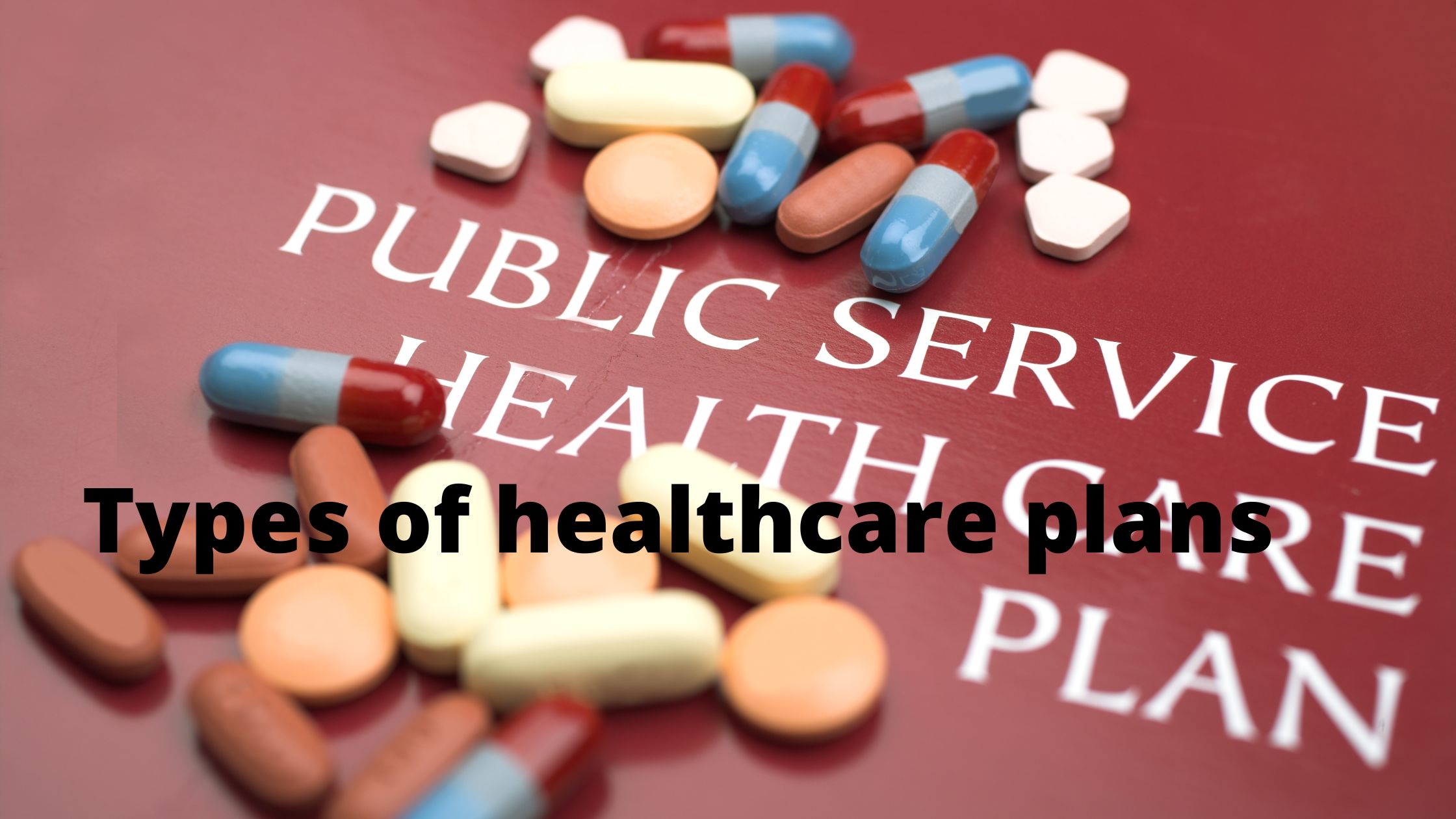As Americans continue to grapple with the current healthcare system, changes are being made at a rapid pace. One such change that is causing concern for many is the proposed repeal of the Affordable Care Act (ACA). If this repeal passes, it will mean that many people who currently have insurance through the ACA will no longer be covered. In this article, we will take a look at what this change in healthcare would mean for you and your coverage, and how you can prepare for it.
What is a healthcare plan?
A healthcare plan is a set of arrangements between an individual and an insurance company that provides coverage for medical expenses. Healthcare plans can be bought through an employer, through a government program such as Medicare or Medicaid, or through a private insurer. Healthcare plans vary in their coverage and costs.
If you are covered under your employer’s healthcare plan, your coverage will likely change as a result of the Republican proposal to repeal and replace the Affordable Care Act (ACA). If you are not covered under your employer’s healthcare plan, your coverage may be unaffected by the Republican proposal.
The Republican proposal would allow states to create alternatives to the ACA’s mandatory insurance requirements. These alternatives would include tax credits that would help individuals buy coverage, along with incentives for employers to offer health benefits. The Republican proposal would also allow insurers to sell short-term plans that do not have to meet the same standards as ACA plans.
While it is still early in the process, it is possible that the Republican proposal could lead to changes in healthcare plans for individuals and employers across the country. It is important to stay informed about these changes so that you can make informed decisions about how they will affect your coverage and cost.
Types of healthcare plans
Healthcare plans come in different shapes and sizes. Knowing the type of healthcare plan you have can help you understand your coverage and what changes may occur if your healthcare plan is changed.
There are three main types of healthcare plans: individual, family, and employer-sponsored. Each has its own set of benefits and drawbacks. Here’s a look at each:
Individual Healthcare Plans: These are the most common type of healthcare plan, offered by individuals and families. An individual healthcare plan typically offers more comprehensive coverage than a family or employer-sponsored healthcare plan, but it may be less expensive.
Family Healthcare Plans: Families with several members can get group insurance through their employers. This type of insurance provides coverage for all family members, no matter who they are married to, have children with, or live with. Family healthcare plans often have higher premiums than individual plans but offer more comprehensive coverage.
Employer-Sponsored Healthcare Plans: Employers can offer their employees a variety of health insurance options, including employer-sponsored healthcare plans. These plans offer comprehensive coverage for employees and their families, but they may have higher premiums than individual or family healthcare plans.
Effects of a change in healthcare plan
If you are covered by a healthcare plan through your employer, the change in healthcare plan may affect your coverage. Many employers offer healthcare plans with different benefits and costs. If your employer changes their healthcare plan, it is important to know what will happen to your coverage.
Your healthcare plan may change in a few ways. Your premiums, copays, and other out-of-pocket expenses might increase, or you might no longer be covered at all if your policy falls below minimum standards. You may also be required to switch insurance companies if your current insurer doesn’t participate in the new healthcare plan.
If you are covered by a healthcare plan through the government, the change in healthcare plan may have little effect on your coverage. Government-sponsored health insurance is usually comprehensive and provides equal coverage regardless of where you receive health care. However, there are some exceptions: Medicaid generally covers only people who are very poor, and Medicare covers people who are aged 65 or older or have disabilities.
It is important to check with your employer or government agency to see how a change in healthcare plan might affect you.
What to do if you are affected by a change in healthcare plan
If you are affected by a change in healthcare plan, there are a few things you can do to protect yourself. First, make sure you understand the new terms and conditions of your coverage. Next, be sure to keep all your important paperwork, including your insurance card and doctor’s notes, in a safe place. And lastly, if you experience any problems with your coverage, reach out to your insurance company or the health care provider that issued your policy for help.

